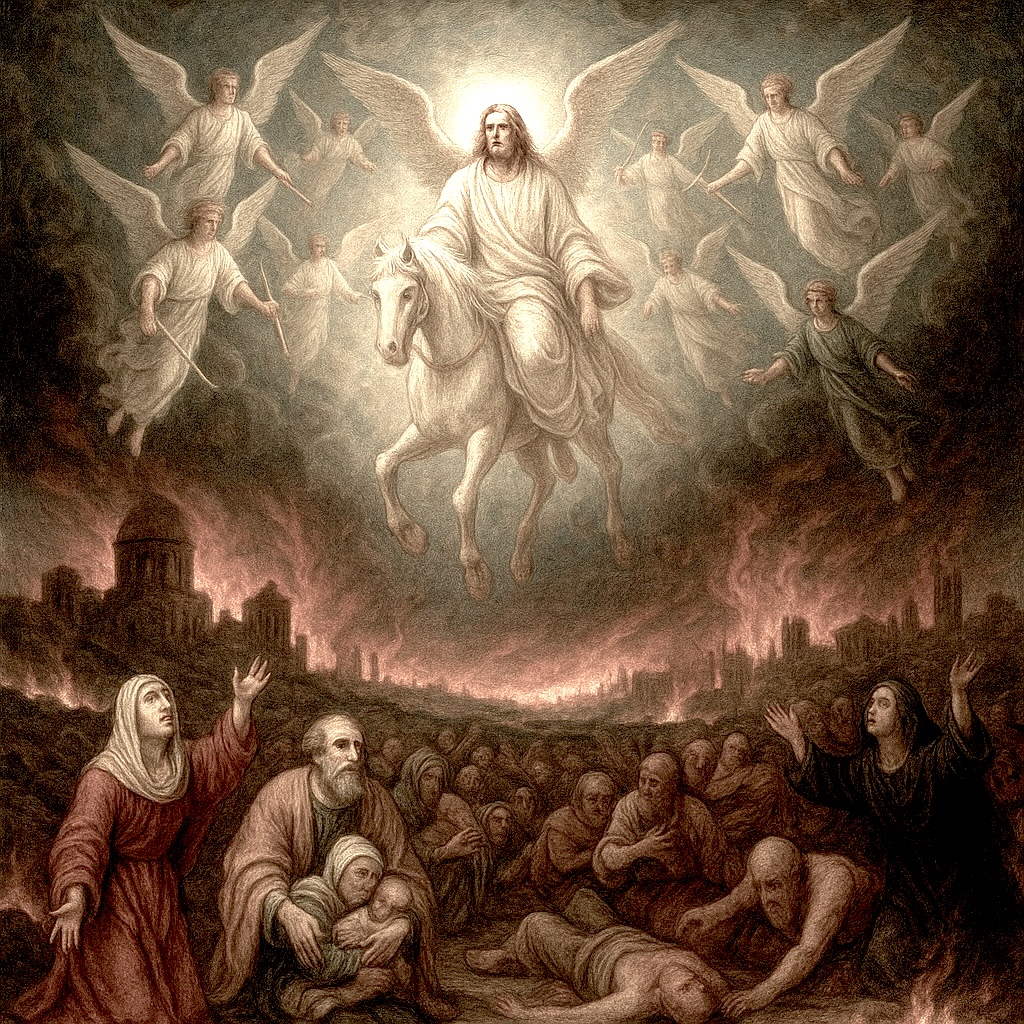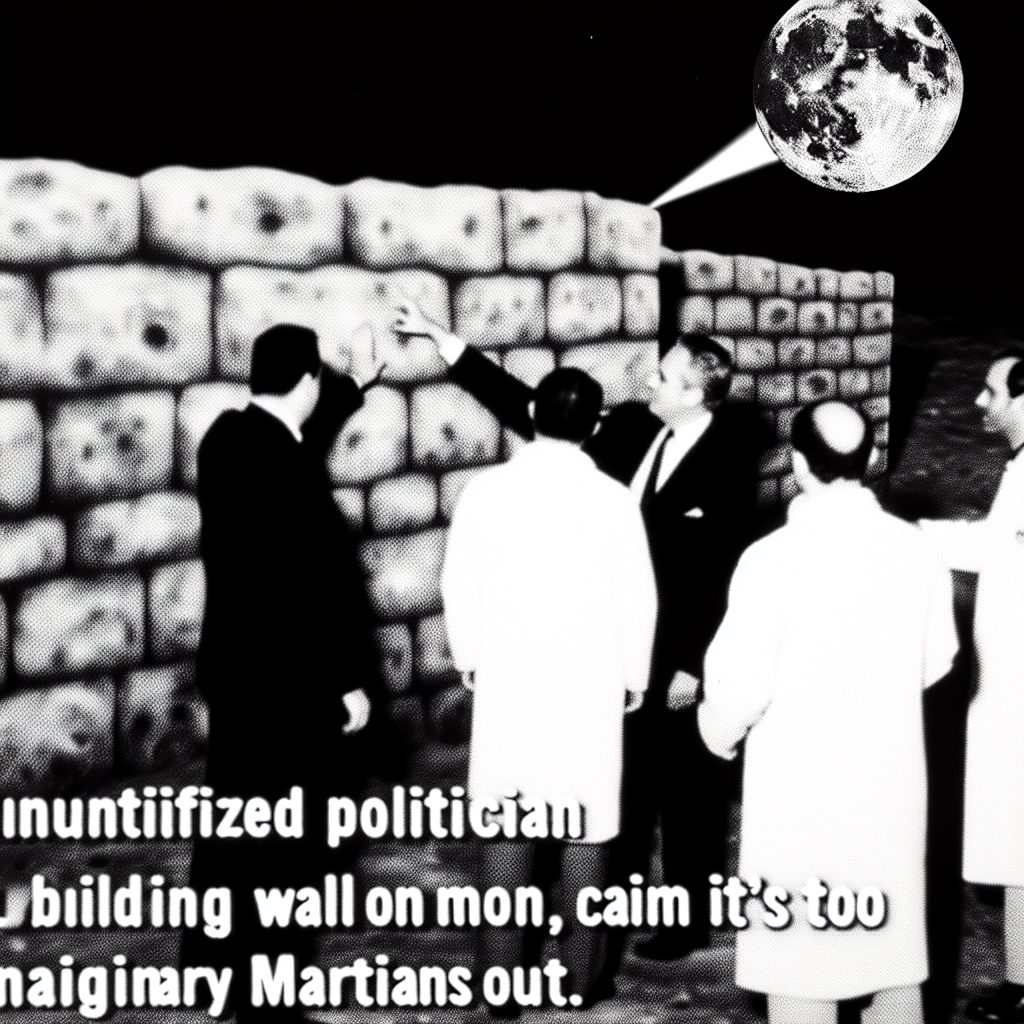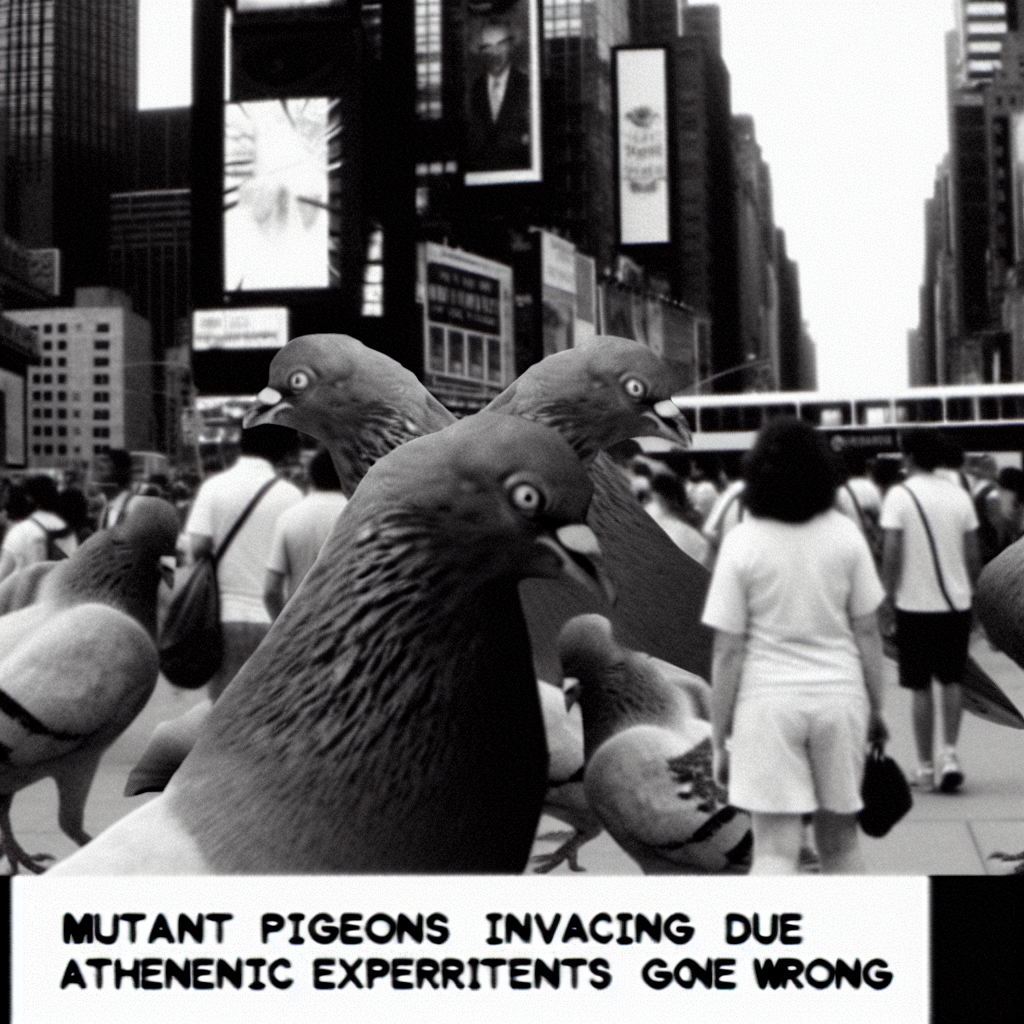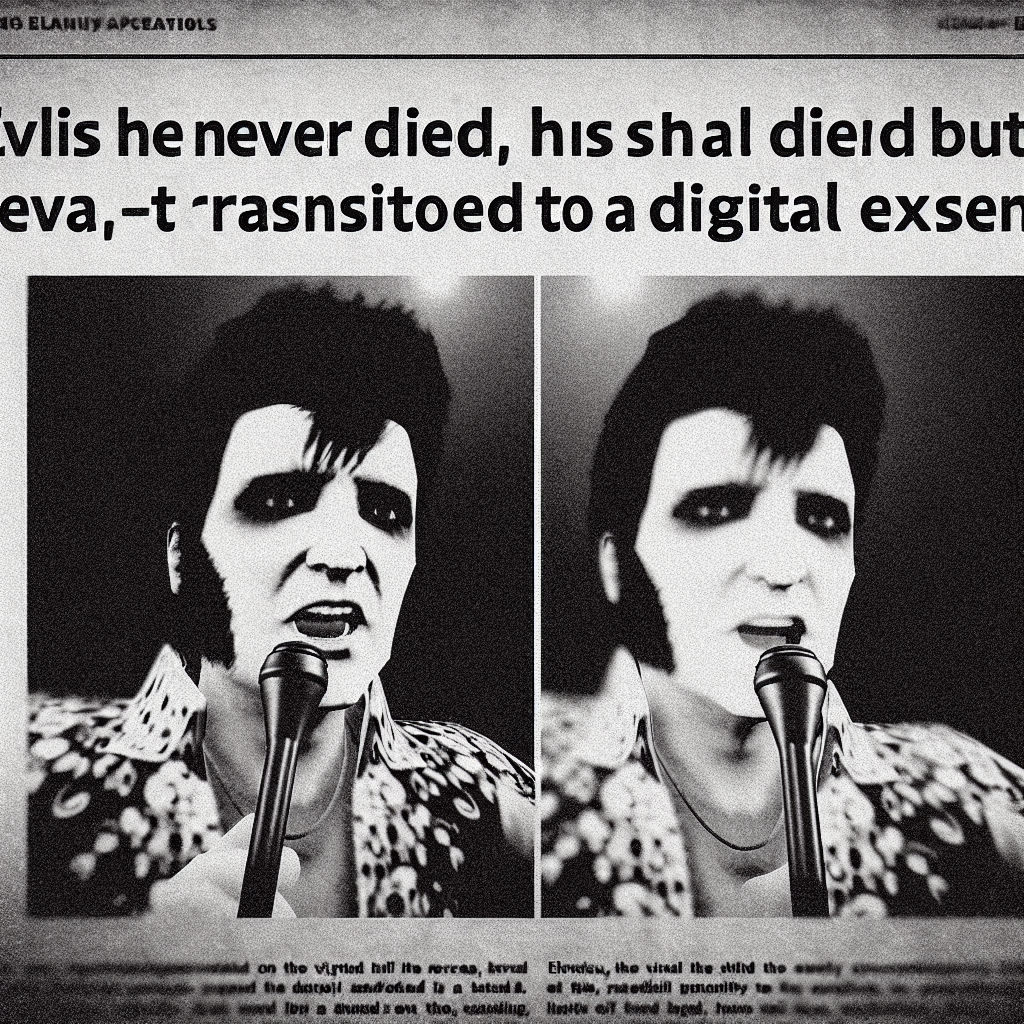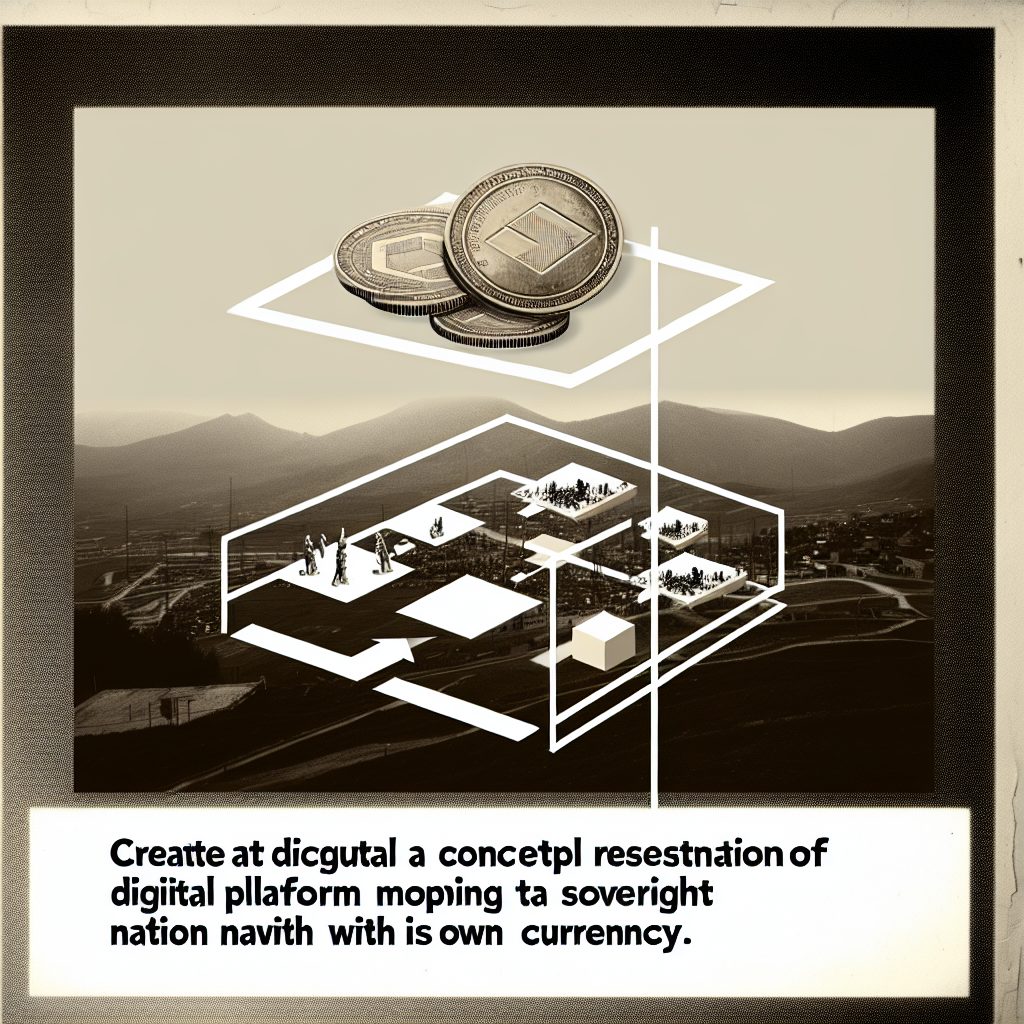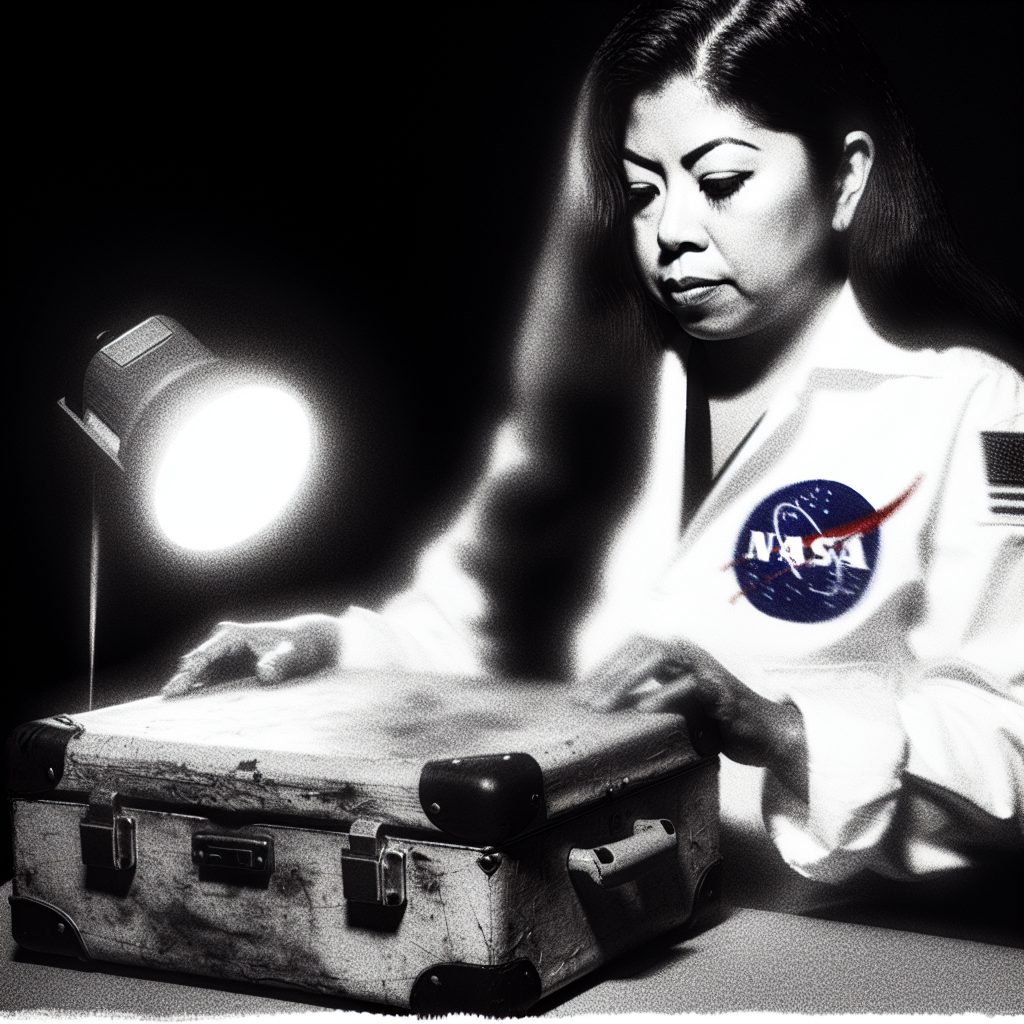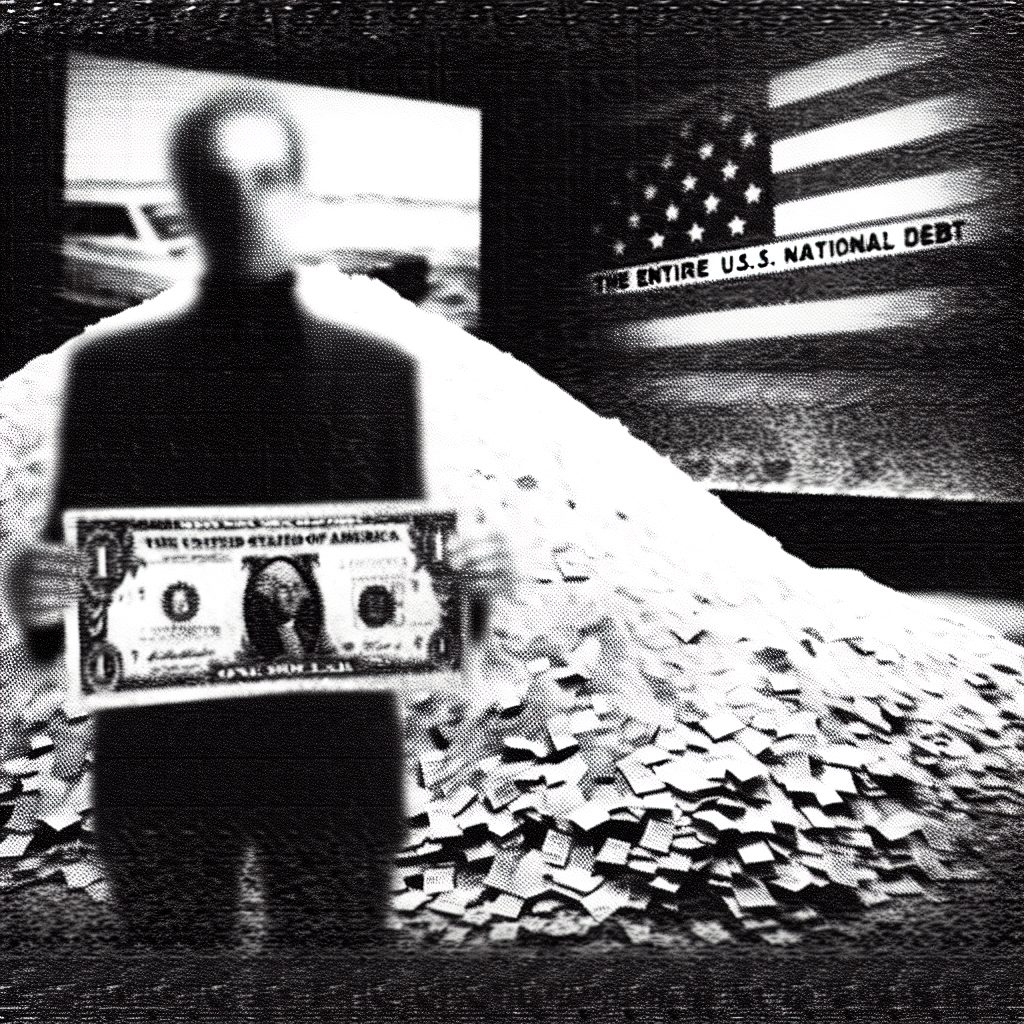DISCORD SERVER BECOMES SOVEREIGN NATION WITH OWN CURRENCY
Gaming chat platform declares independence and applies for United Nations membership
SAN FRANCISCO, CA – In a shocking development that has left international law experts scrambling and world leaders demanding answers, a Discord server with over 50,000 members has officially declared itself a sovereign nation and launched its own cryptocurrency, sources close to the situation revealed this week.
The server, originally created for fans of obscure farming simulation games, quietly transformed into what observers are calling the world’s first “digital nation-state” over the past six months. Operating under the name “The Pixelated Republic of Serverlandia,” the community has established a complex governmental structure, complete with elected officials, a constitution, and most controversially, its own legal tender called “ServCoin.”
According to leaked documents obtained exclusively by Weekly World News, the server’s transformation began when moderators discovered a loophole in Discord’s terms of service that allegedly grants communities certain “autonomous rights” once they reach specific membership thresholds and maintain continuous activity for 180 days.
“I was just there to trade virtual turnips, and suddenly I’m a citizen of a whole new country,” said Jennifer Martinez, a 34-year-old accountant from Phoenix who witnessed the server’s dramatic evolution. “They held elections, people started paying taxes in ServCoins, and now there’s talk of issuing digital passports. It’s absolutely insane, but somehow it’s working.”
The implications have sent shockwaves through diplomatic circles worldwide. Serverlandia’s newly elected President, known only by the username “CropKing2024,” has reportedly submitted formal applications for United Nations membership and recognition from major world powers. The application, which spans over 400 pages of legal documentation, argues that digital communities meeting certain criteria should be granted the same rights as traditional nation-states.
Most disturbing to government officials is the server’s rapidly growing economic influence. ServCoin, which began as a joke currency for trading virtual vegetables, has somehow gained real-world value and is now being accepted by over 200 online merchants. Financial analysts estimate the total market cap has reached nearly $50 million, making Serverlandia’s economy larger than several small Pacific island nations.
“This represents a fundamental threat to the established world order,” warned Dr. Patricia Hendricks, a digital governance expert at Georgetown University. “If Discord servers can simply declare independence and create their own monetary systems, we’re looking at the complete breakdown of traditional sovereignty concepts. The fact that people are actually treating this seriously suggests we may be witnessing the birth of post-digital nationalism.”
Perhaps most concerning are reports that other Discord servers are following suit. Intelligence sources suggest at least twelve gaming communities have begun implementing similar governmental structures, with some even establishing mutual defense pacts and trade agreements. The phenomenon appears to be spreading to other platforms, with rumors of sovereign Minecraft servers and independent Twitch channels circulating on social media.
Government attempts to intervene have been complicated by jurisdictional questions and the distributed nature of the communities. When the FBI attempted to investigate Serverlandia’s financial activities, they were reportedly told by server administrators to “contact our embassy” and directed to a formal diplomatic protocol document.
The situation became even more bizarre when several members claimed they had received official-looking diplomatic immunity cards in the mail, complete with holographic seals and emergency contact numbers that allegedly connect directly to Serverlandia’s “State Department.”
Discord’s parent company has remained ominously silent about the developments, refusing to comment on whether they intentionally created the legal framework that enabled these digital declarations of independence. Some conspiracy theorists suggest the entire situation is part of a larger experiment in virtual governance, possibly backed by shadowy tech billionaires seeking to establish new forms of digital colonialism.
As world leaders grapple with this unprecedented challenge to traditional concepts of nationhood, one thing remains clear: the age of purely physical nation-states may be coming to an end.
The characters and events depicted in this story are entirely fictitious. Any similarity to real persons, living or dead, or to actual events is unintentional and purely coincidental.


